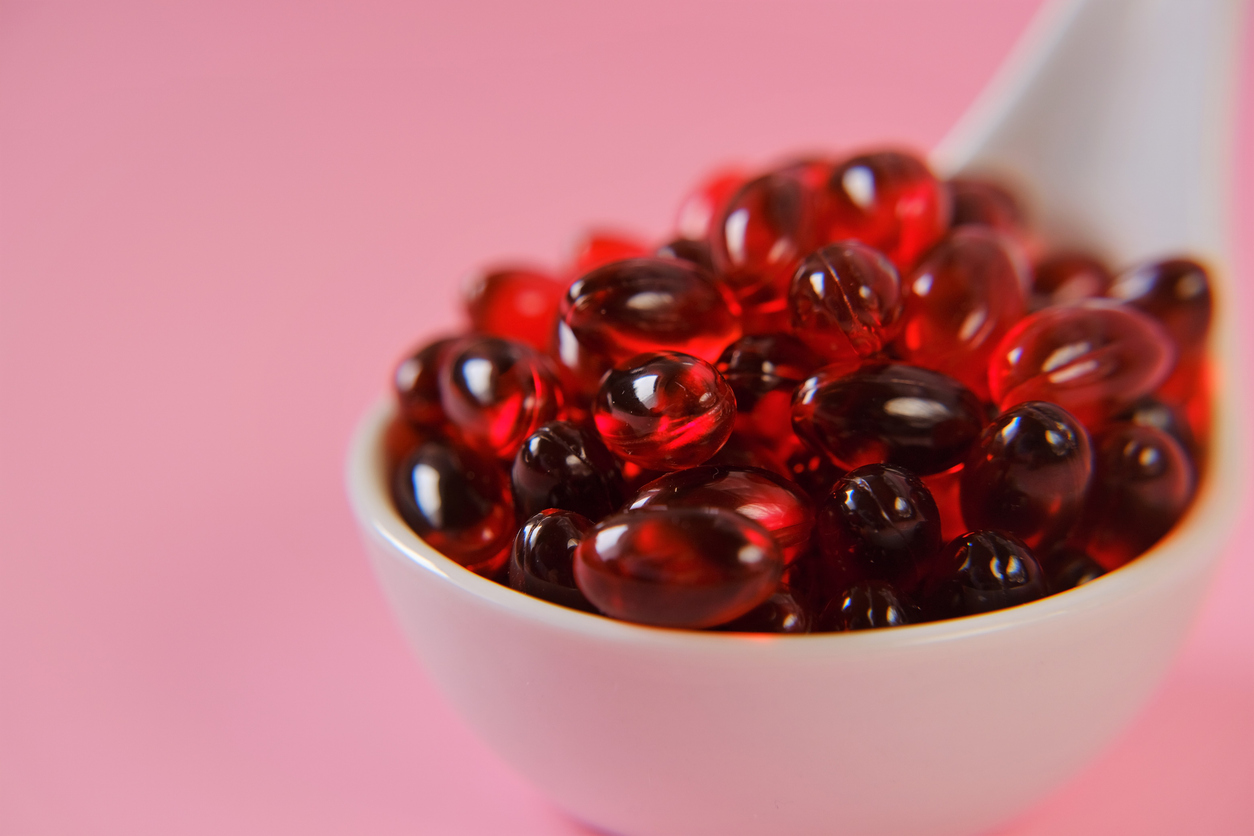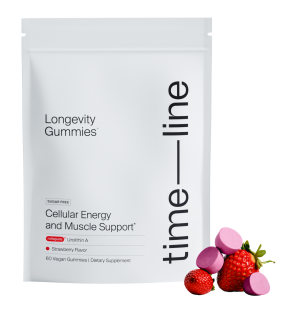Dehydroepiandrosterone (DHEA) is a vital hormone secreted by the adrenal glands which sit right above the kidneys. Smaller amounts are produced by the gonads and brain. DHEA is the substrate from which other sex hormones are made, such as estrogen and testosterone, and levels are much higher earlier in life, peaking in our 20s and 30s. Then levels begin to diminish with aging. In fact, it’s estimated that levels can drop by as much as 90% over a lifetime. This is likely the reason DHEA is touted as an anti-aging supplement.
DHEA is depleted in the setting of stress, chronic pain, certain medications and autoimmune conditions such as lupus and multiple sclerosis, among others.
According to Medical News Today, “The World Anti-Doping Agency classes DHEA as a banned substance in sports”. But while classified as a performance-enhancing drug in sports when used as a supplement, there are ways to naturally raise DHEA levels. Exercise, caloric-restriction, and stress reduction are ways to naturally restore DHEA.
DHEA has been studied and found to help boost cognitive function and executive function. Bone mineral density is also found to be improved by increasing bone-forming osteoblasts and insulin-like growth factor-1 (IGF-1). A small study found that DHEA helps improve mood and ease mild to moderate depression.
There are noted side effects, however, with DHEA supplements, chiefly, oily skin, acne, body hair growth, receding hairlines and some hair loss. In my opinion, DHEA should be administered with supervision from a qualified health practitioner. It is also not recommended for those with any individual or family history of reproductive cancers such as uterine or breast cancers.
To your health!
Leyla Muedin, MS, RD, CDN







